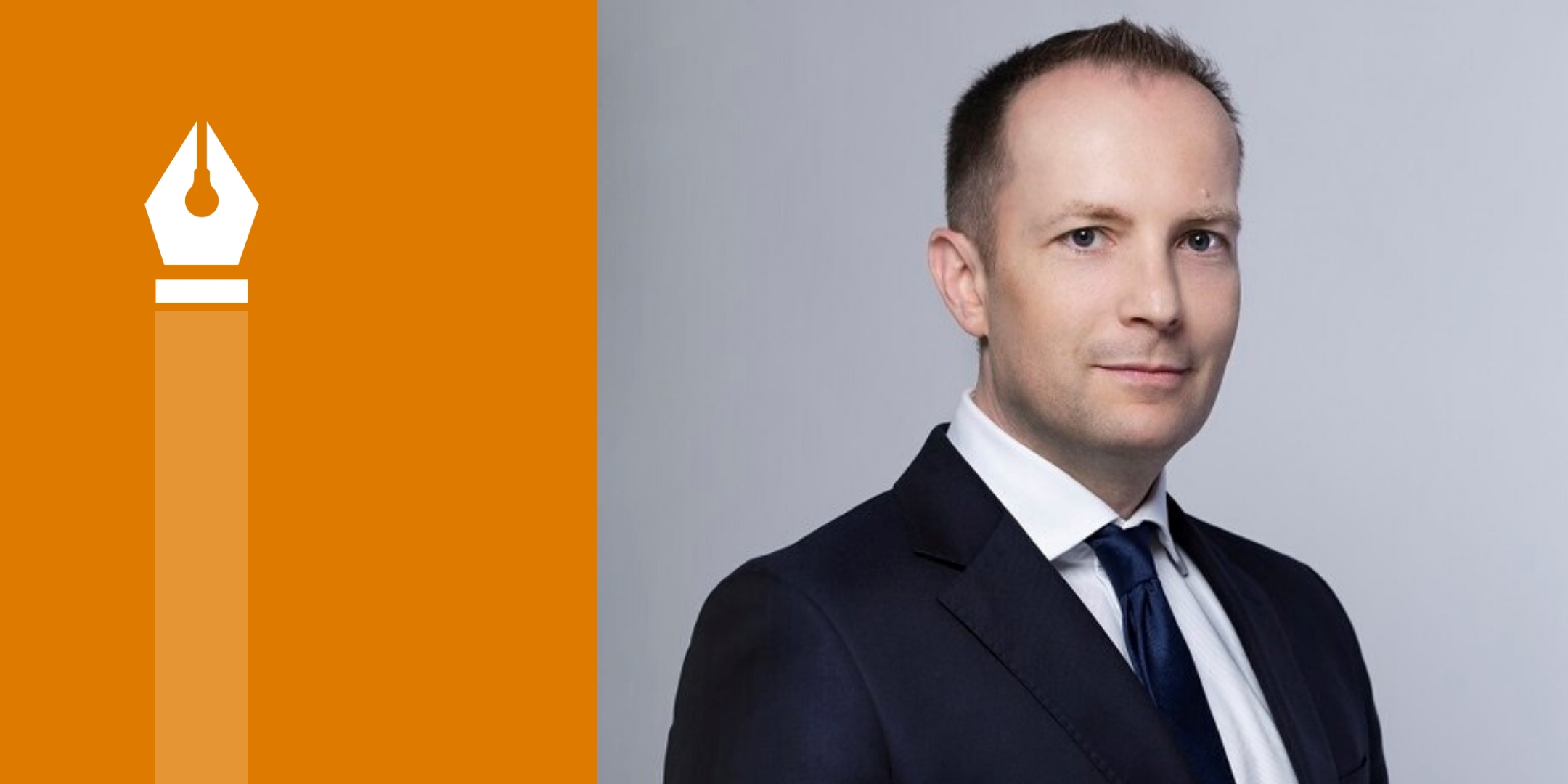
Are Star Wars saga and business leadership related? I will prove that pretty much: yes. My experience is that a conscious business leader can find Star Wars saga as a universal inspiration, especially in such unpredictable circumstances. The current COVID-19 phenomenon is here to stay and forces us to re-think our responsibility for the company, employees and stakeholders.
“Fear is a path to the dark side of the force" is perhaps the most famous sentence of master Yoda, the hero of the Star Wars saga. His credo is repeated to students in particularly difficult moments, when they should stay calm and have a clear mind for decision making. Jedi apprentices are supposed to act against their primal instincts and tame fear in seemingly hopeless situations.
In the upcoming posts I will illustrate how Jedi virtues of Mission, Community, Learning, Courage, Humility, Concentration and Mentorship are very much relevant to business leaders nowadays. Here comes the intro.
The current situation of COVID-19 pandemic is the epitome of theoretical considerations about the world of VUCA, which is filled with variability, uncertainty, complexity and ambiguity. It is a trial period for many paradigms of the classical school of economics based on known market mechanisms, where the invisible hand of the market will always and accurately find the balance. So, it is for leadership models based on the alpha male archetype. An invincible leader who always sets the direction infallibly, accurately predicts the future and executes his brilliant plan flawlessly. It is also a brutal verification for business models based on traditional sales such as physical stores or predictable patterns of consumer behaviour. Perhaps a tectonic shift awaits the entire economic model, where globalisation based on long supply chains on several continents will be replaced by the production of smaller batches in the country where the consumer is located. It could also be the social movements fighting for minimalism or ecological awareness will accelerate. Certainly, the digital economy is gaining momentum, and according to the McKinsey report, 79% of companies are still in the early stages of digital transformation. The revolution will not miss the labour market, where the growing role of technology and significant progression of artificial intelligence will require a massive up-skilling. So, the business game we used to know is about to change quite rapidly.
The traditional leader cannot simply tolerate a negative impact of the current situation and often thinks that the same old techniques should be applied, but just more intensively. Therefore, he will focus on the tricks that have worked in the past and elevated him to the upper echelons. The recipe is relatively straightforward: you should work more, cut costs, especially labour costs, outsmart your competitors, mastermind the future, act quickly and ruthlessly use all existing competitive advantages. Pure financial results matter and often the goal justifies the means. Listed companies are particularly under pressure as their books are scrutinised in relatively short quarterly cycles. Such a pattern is even more dangerous in the economies that are already under pressure due to traditional market forces. Jacek Santorski, an influential psychologist and business mentor, aptly identifies such traditional leadership model as 'feudal', i.e. based on domination, formal authority, chain of command and ultimately … fear.
Nowadays social movements increasingly emphasise the role of psychological safety of the employees. It relates predominantly to the fear of losing job and in many cases the fear of leaving the family without sufficient resources to cater for basic needs. Since the outbreak of the COVID-19 pandemic, the US labour market shrank by more than 20 million jobs, meaning that it took mere six weeks to reach the impact not seen since the Great Depression in the 1930s. For the better-off, the fear is related to losing the financial liquidity necessary to sustain formidable lifestyle. And what is the business leader most afraid of? Mainly the loss of economic and social position, especially if work is his main reference point and the only source of self-confidence. The times of crisis are after all an ultimate verification and very often it is a negative one. As Warren Buffett nailed it down: “Only when the tide goes out do you discover who's been swimming naked”.
Master Yoda repeated that fear leads to anger, and anger leads to suffering, which is precisely the path to the dark side of the force. Pressure put on business leaders these days certainly generates fear and the threat has never been greater. According to McKinsey, top management prominently feel afraid of either losing control or of failure. While the best definition of leadership I ever encountered was brought together by David Marquet, a US Navy captain turned into book author of “Turn the Ship Around!”. He says: “Leadership is embedding the capacity for greatness in the people and practices of an organisation, and decoupling it from the personality of the leader”. The upcoming articles will show how would a Jedi handle the situation.
Stay tuned for the next episode of this saga!
The next episode will focus on a core Jedi virtue: their mission. It will show how a clear, solid and outstanding mission is key to lead successfully in a VUCA world.
This article was originally published by Michał Paprocki on LinkedIn.
These Stories on CIONET International
No Comments Yet
Let us know what you think